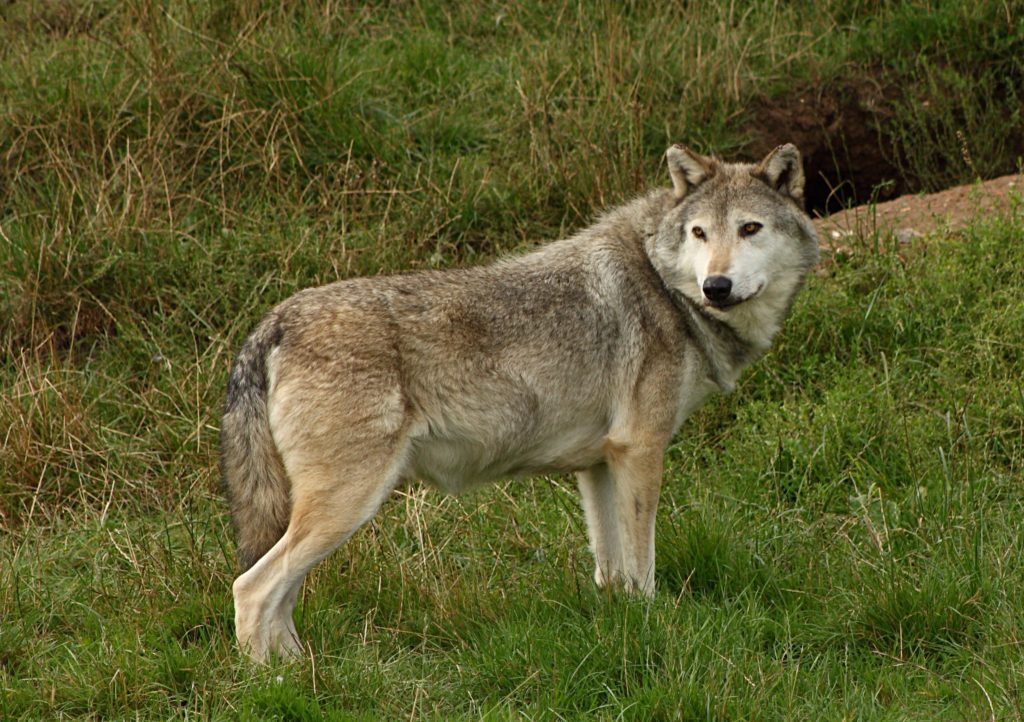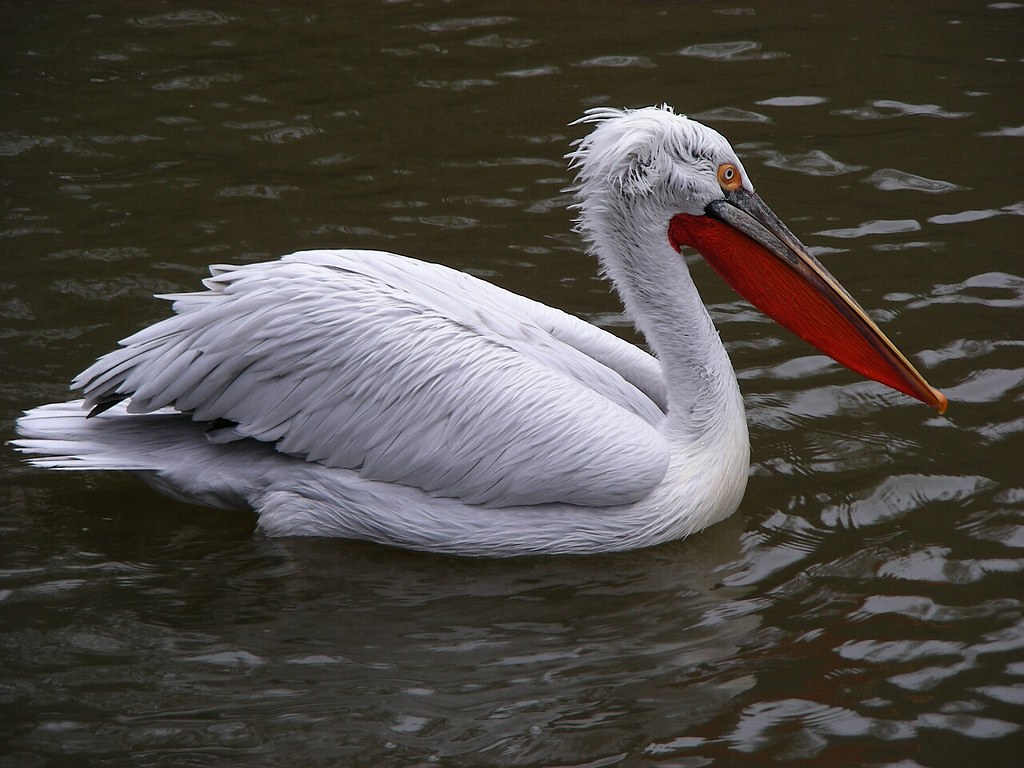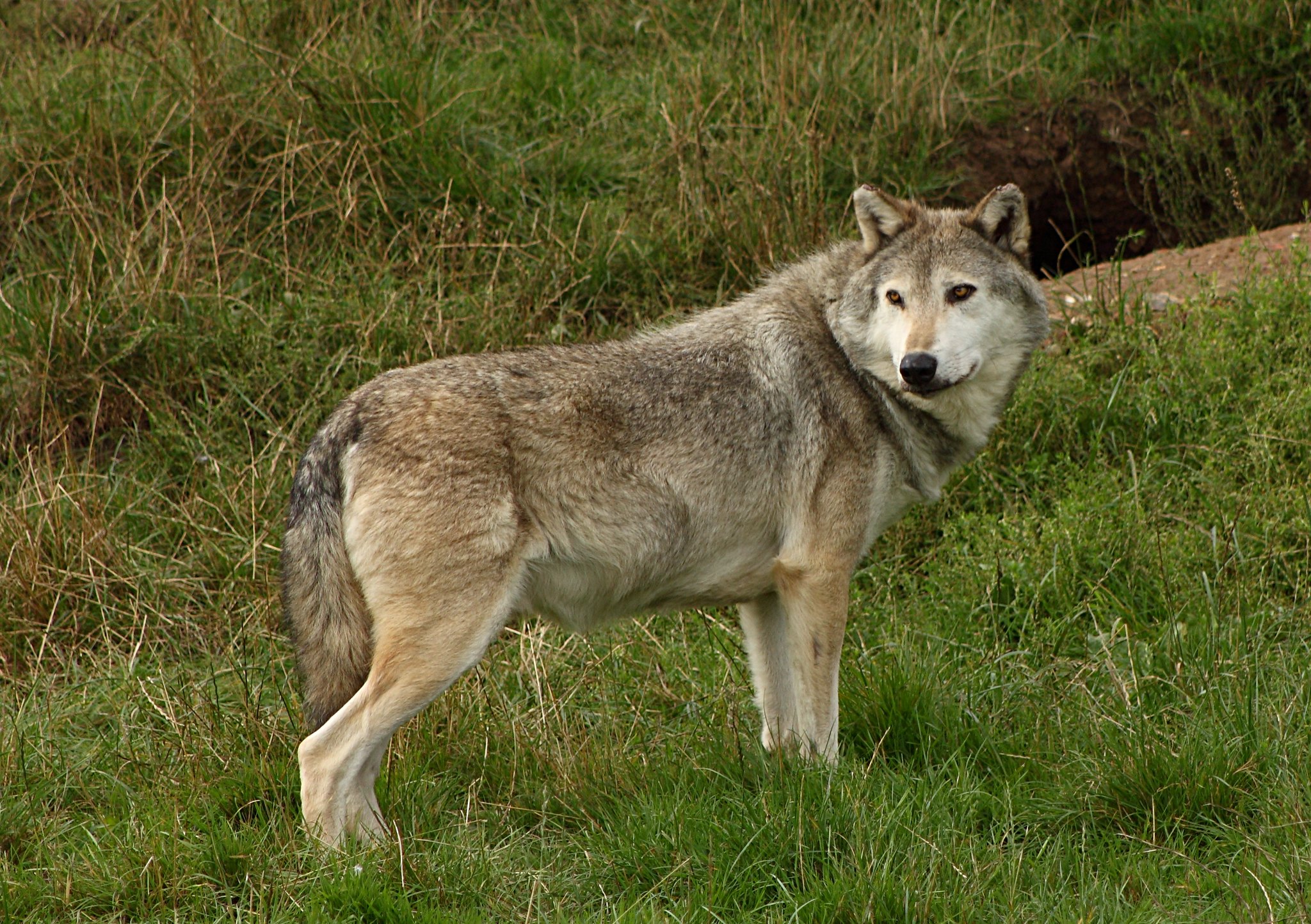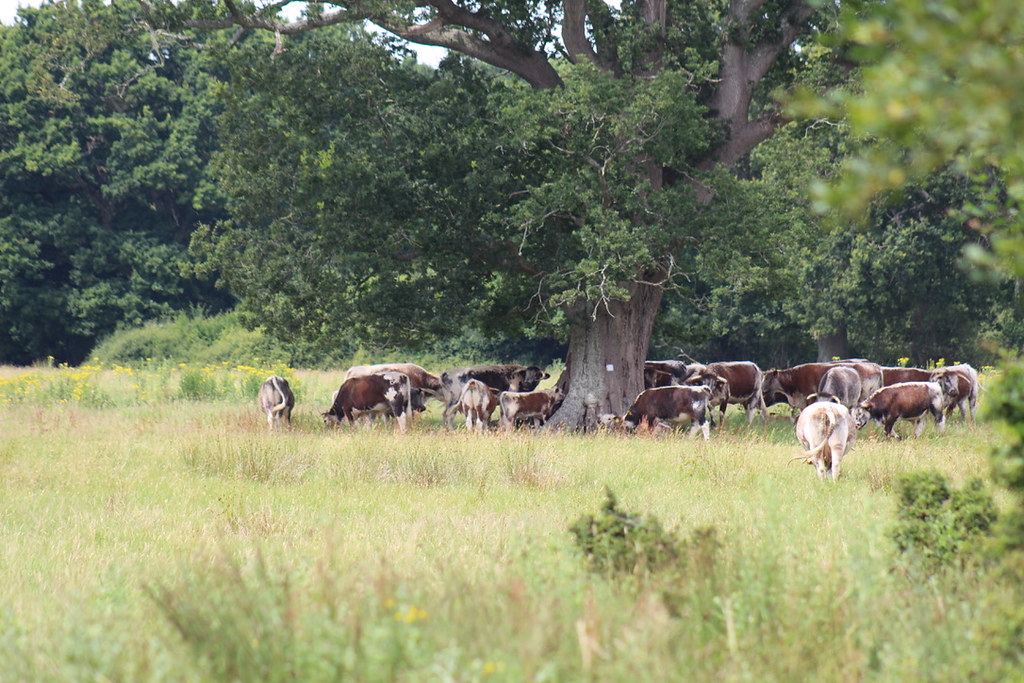The Independent reports the government’s proposals will focus on England’s threatened native species, and restoring rivers and streams.
Tag Archives: rewilding
English rewilding projects not wild enough, study suggests
The Independent reports lack of large carnivores to make process appear less threatening is curtailing biodiversity, scientists find.
Wolves ‘must be reintroduced to UK to fight climate crisis even if farmers lose sheep’

The Mirror reports wolves should be reintroduced into Britain to help fight the climate crisis, according to one of Britain’s leading conservationists. Without Roy Dennis’s efforts, there would be fewer red squirrels, no beavers and no osprey or red kite introductory programmes. And the 81-year-old is showing no signs of retiring.
He explained how we must see the benefit to the whole of society by sharing the countryside with large carnivores again, even if it means farmers could lose the odd sheep, and explained how the extinction crisis can only be addressed with “bigness.”
Rewilding: should we bring the lynx back to Britain?
The Guardian reports reintroducing the big cats could control deer numbers and enrich ecosystems but farmers and the public need reassurance, say experts.
Bison could one day roam free across UK, say conservationists planning to release first herd for 6,000 years
I News reports a rewilding project that will bring bison back to the Kent countryside next year could pave the way for free-roaming herds of the animals across the UK within a few decades, conservationists hope. A small herd of bison will be released into Blean Woods in Kent – the first time they will have lived on the British Isles for more than 6,000 years. They will join Iron Age pigs, longhorn cattle and Exmoor ponies as part of a pioneering rewilding project to restore the ancient tract of woodland.
Wildlife haven enlists Goldsmith to fight plan for 3,500 homes
The Times reports a pioneering rewilding project which is a haven for endangered turtle doves and nightingales has won ministerial support for its campaign against plans for 3,500 homes which it says would be catastrophic for wildlife.
Lord Goldsmith of Richmond Park, the environment minister, has condemned the proposed development near Knepp estate in West Sussex, which was heralded in the government’s 25-year environment plan in 2018 as a prime example of the kind of wildlife restoration it wanted to encourage.
Goldsmith said: “Knepp is an iconic project and probably the best known rewilding initiative in the country. What they have achieved has attracted international acclaim, and rightly so. It would be a tragedy to allow a major development to undo all that extraordinary work.”
Restore UK woodland by letting trees plant themselves, says report
The Guardian and The Independent report allowing trees and woodland to regenerate through the natural dispersal of seeds should become the default way to restore Britain’s forest cover, according to a new report. Natural regeneration brings the most benefits for biodiversity, is cost-effective and may sequester more carbon than previously thought, argues Rewilding Britain.
Britain’s biggest bird could make comeback in latest rewilding plans
The Telegragh reports Britain’s biggest bird could make a comeback under new rewilding plans, as the Wildlife Trusts call for the government to restore our wetlands to their former glory and bring back the dalmatian pelican. 
Dalmatian pelican at Prague Zoo by Willard under creative commons.
The birds, which are up to six foot in length and have a wingspan of up to 11 feet, disappeared from our wetlands before medieval times, but are present in the fossil record. The majestic species was common 12,000 years ago and bones have been found in peat bogs in Norfolk, East Yorkshire and Somerset from the Bronze and Iron ages. Eventually, 2,000 years ago, the drainage of these wetlands, alongside hunting and disturbance, led to the extinction of the pelican.
Growing hunger for the return of wolves
 The Times reports lynx and wolves could be reintroduced to England under plans backed by the head of Natural England to “rewild” large areas.
The Times reports lynx and wolves could be reintroduced to England under plans backed by the head of Natural England to “rewild” large areas.
European wolf photo by Lawria under creative commons.
How Rewilding Brought Nature Back to England’s Knepp Estate
 Vogue reports for the first time since we started rewilding, in 2000, I sensed my husband, Charlie’s, resolve beginning to waver. Letters from neighbors were reaching a crescendo of outrage. Over the nine years since we began handing Knepp Estate, our 3,500-acre farm in West Sussex, over to nature we had weathered complaints about our free-roaming animals, outbreaks of ragwort, unkempt hedgerows, and thorny scrub desecrating the picture-postcard image of England’s green and pleasant land.
Vogue reports for the first time since we started rewilding, in 2000, I sensed my husband, Charlie’s, resolve beginning to waver. Letters from neighbors were reaching a crescendo of outrage. Over the nine years since we began handing Knepp Estate, our 3,500-acre farm in West Sussex, over to nature we had weathered complaints about our free-roaming animals, outbreaks of ragwort, unkempt hedgerows, and thorny scrub desecrating the picture-postcard image of England’s green and pleasant land.
Photo from Knepp Estate by Fred Langridge under creative commons.
